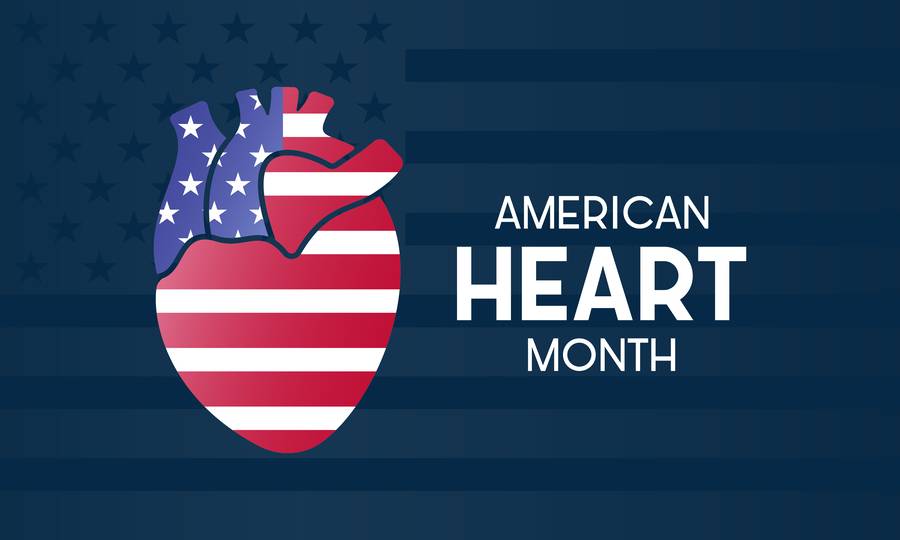American Heart Month reminds us how important it is to protect the one organ working for us every moment of our lives. Heart disease remains the number one cause of death in the United States, and it’s not slowing down. Many people don’t know they’re at risk until it’s too late. Capital Cardiology Associates sees firsthand how simple lifestyle shifts and awareness can prevent devastating medical emergencies. If you’ve ever wondered what really puts your heart at risk or what a heart doctor looks for during your checkup, keep reading and find out what you can start doing today to lower your risk.
High Blood Pressure
High blood pressure rarely causes symptoms at first, but behind the scenes, it steadily damages blood vessels and puts immense pressure on the heart. Eventually, the strain thickens the heart muscle and narrows arteries, which sets the stage for heart attacks, strokes, and heart failure. If you don’t know your blood pressure numbers, that’s the first red flag. A normal reading is around 120/80 mmHg. The most common causes of high blood pressure are stress, poor diet, lack of exercise, smoking, and excessive sodium in food. You don’t need a complicated routine to get your blood pressure under control. Eating more whole foods, lowering salt intake, staying active, and managing stress can give you a serious advantage. If lifestyle changes aren’t enough, medication can be an important next step. A cardiologist can help you evaluate the best approach for your specific case. Don’t wait until symptoms appear. When left untreated, high blood pressure can lead to permanent heart damage and kidney failure. Regular monitoring and check-ins with your doctor will help you catch issues early.
High Cholesterol
Cholesterol isn’t all bad. Your body needs it to build cells and hormones, but too much of the wrong kind causes trouble. It forms sticky plaques in your arteries, narrows the passageways, and increases your risk of a heart attack or stroke. Unfortunately, you can’t feel cholesterol building up. Many people with high cholesterol feel perfectly fine until a major cardiac event happens. Getting regular bloodwork is a good idea. If your LDL is above 100 mg/dL or your total cholesterol is above 200 mg/dL, your doctor may recommend dietary changes, exercise, and possibly statins. Foods high in saturated and trans fats, like fried food, processed snacks, and fatty cuts of meat, raise LDL levels. On the other hand, soluble fiber and plant-based fats like avocado and olive oil will help raise HDL and lower LDL. Genetics also plays a strong role in cholesterol levels.
Diabetes and Blood Sugar Imbalance
Diabetes is one of the most serious risk factors for heart disease. Elevated glucose levels damage blood vessels and nerves that control the heart. People with diabetes are more likely to have high blood pressure and high cholesterol, too, which compounds the risk. Cardiologists can work alongside primary care doctors and endocrinologists to manage patients with diabetes. Early warning signs like increased thirst, fatigue, and frequent urination are easy to ignore, but insulin resistance can begin the process of cardiovascular damage. If you’ve been told you have prediabetes or are borderline, that’s your cue to take action. Losing just 5 to 10 percent of your body weight, changing your diet to reduce added sugars and refined carbs, and increasing physical activity can reverse insulin resistance and prevent long-term complications.
Smoking, Sedentary Lifestyle, and Chronic Stress
Smoking damages the lining of your arteries, lowers oxygen levels in the blood, and thickens the blood, which makes clots more likely. Just a few cigarettes a day can dramatically increase your risk of a heart attack. Sitting for long stretches without movement also contributes to the risk. Physical inactivity slows down the metabolism, encourages weight gain, and raises blood pressure and cholesterol. Thirty minutes of walking a day can offset much of this risk. Stress is more complicated. Chronic stress raises cortisol, which is a hormone that increases blood pressure and inflammation. It also leads to poor coping habits like overeating, drinking, or skipping sleep, and each of these takes a toll on your heart. Learning how to regulate stress through mindfulness or physical activity can help protect your heart. If you’ve picked up habits to deal with pressure, like smoking or late-night snacking, it’s worth asking where those patterns come from. Changing these behaviors may require reshaping your environment and finding better outlets. A heart doctor or counselor can help you develop the right strategies.
What’s Your Next Step?
If any of these risk factors sound familiar, don’t panic. Many patients come to Capital Cardiology Associates unsure of where to begin. A single conversation with a cardiologist can set you on the right path. Most heart disease is preventable, but you have to catch it early and take action. Whether you’re managing a known condition or starting to look at your risk factors, we’re here to support you. Schedule a visit with a heart doctor today.






